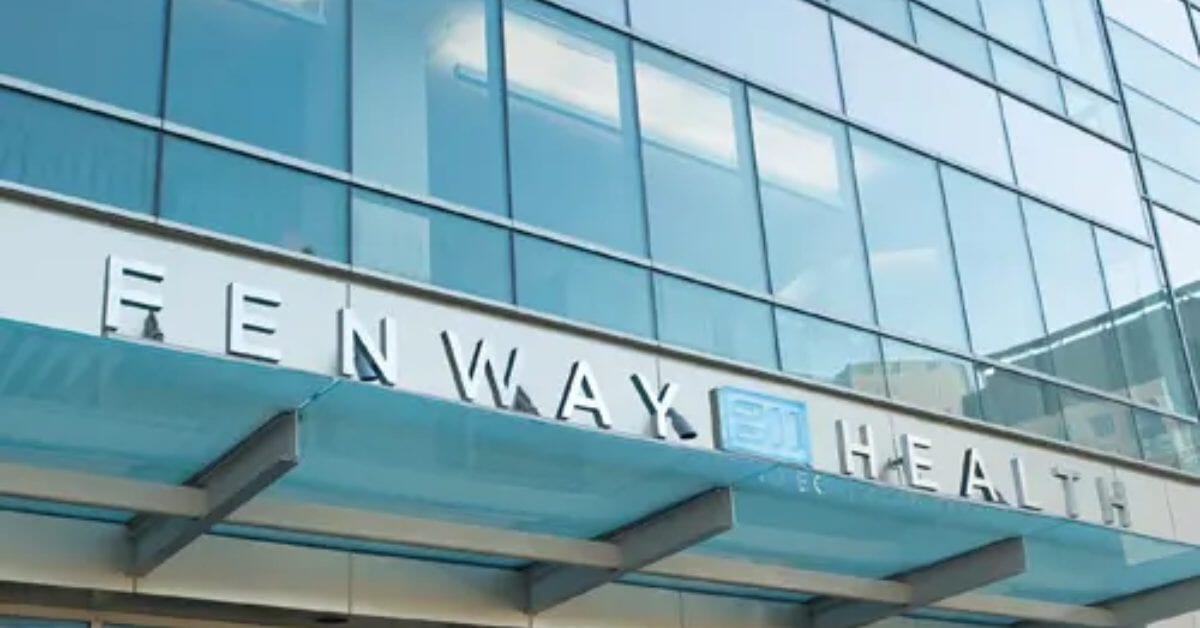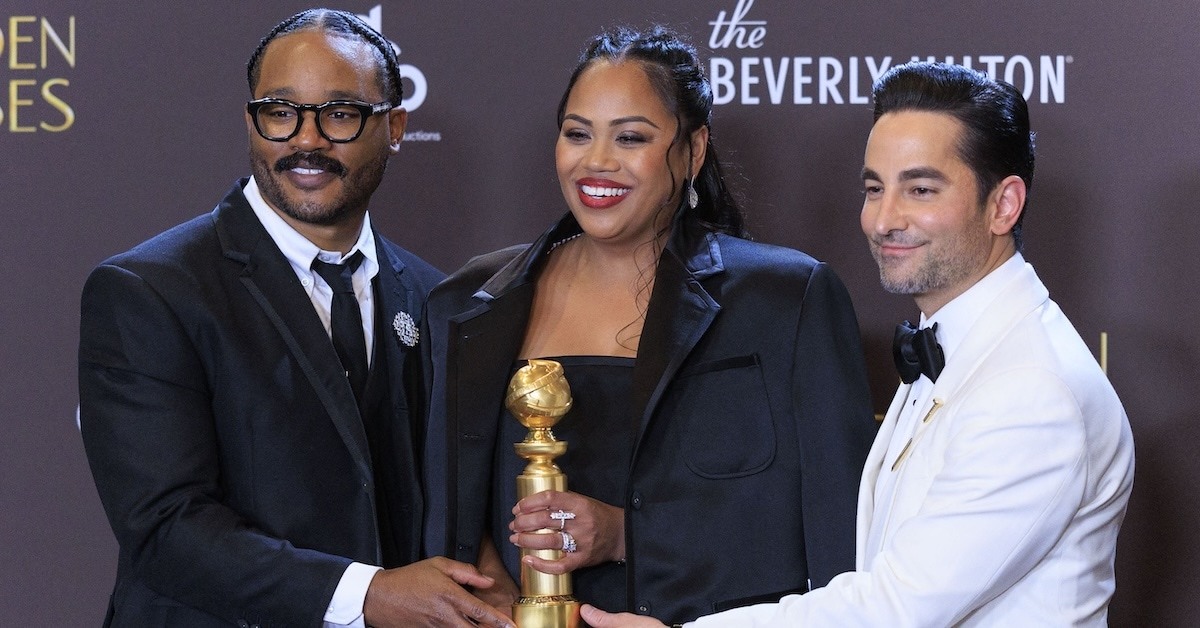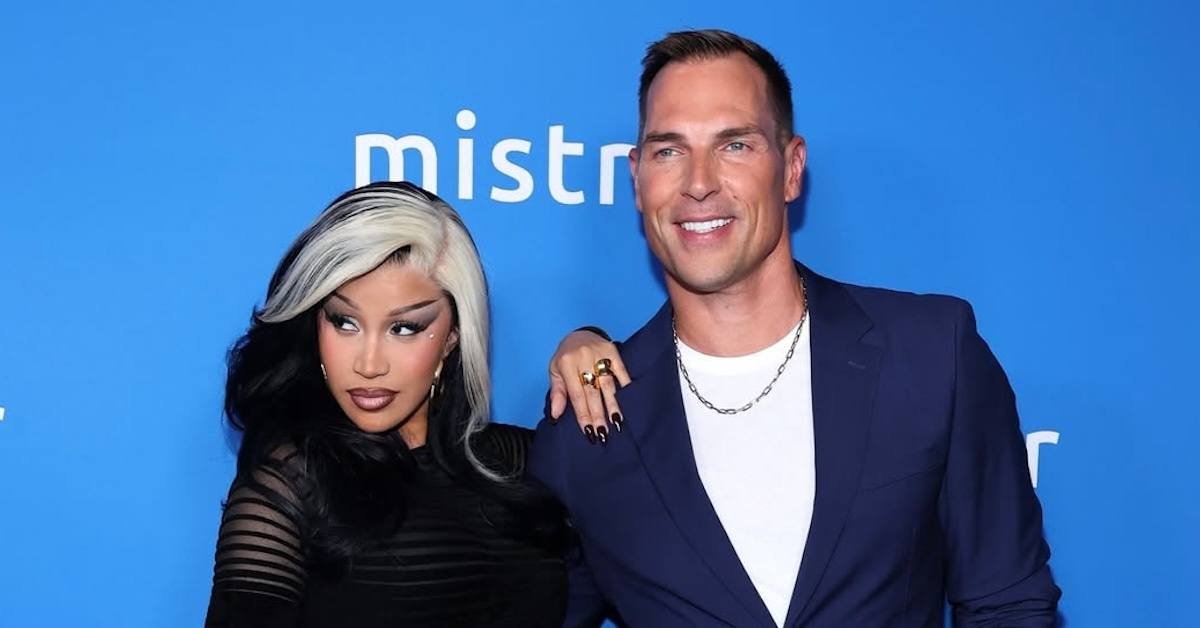Published 3 months ago

Fenway Health issued a stark announcement on Oct. 21, 2025, stating it would discontinue offering certain types of gender-affirming care for patients under 19. Jordina Shanks, the CEO of Fenway Health, shared the news via a press release, clarifying that the changes only apply to hormone therapy and puberty blockers.
She emphasized that “all other services and care for patients of all ages and identities remain fully available and unchanged,” and added that the policy shift is in no way a reflection of the organization’s core values. Shanks reaffirmed that both she and the organization believe “gender-affirming care saves lives,” but explained that the difficult decision was made in response to changes within the U.S. Department of Health and Human Services (HHS).
Here’s everything to know about the changes that prompted Fenway Health to limit the types of gender-affirming care they offer.
Why Did Fenway Health Stop Providing Gender-Affirming Care?

Fenway Health announced in October 2025 that it would stop offering select gender-affirming care services, specifically hormones and puberty blockers, to patients under the age of 19. The organization’s CEO, Jordina Shanks, explained that the U.S. Department of Health and Human Services (HHS) changed its rules, and the Health Resources and Services Administration (HRSA) outlined in its updated priorities that providing hormones and puberty blockers to individuals under 19 “is no longer an HHS goal or priority.”
While Fenway Health technically could have continued offering these services, doing so would have been a serious risk. Because it’s classified as a Federally Qualified Health Center (FQHC), the organization would have lost this status, which allows it to provide “high-quality, affordable care” to more than 30,000 people, Shanks pointed out. Essentially, the organization was cornered because going against the new HHS rules would have jeopardized its ability to care for the broader community.
What Is Fenway Health Doing for Patients Impacted by This Change?
Fenway Health has been reaching out directly to individuals and families affected by this change to explain what’s happening and, more importantly, offer them guidance in finding other facilities that aren’t impacted by the revised federal policy. Shanks noted that “these conversations were conducted with sensitivity and compassion for the unique challenge created by a change in trusted provider.”
Despite the difficult decision to remove hormone therapy and puberty blockers from their list of services for patients under 19, Fenway has made it clear that the organization “will continue our longstanding history of advocating for policies, funding, and access to a wide range of services that support the health and well-being of the LGBTQIA+ population, and all members of the community we serve.”
Rest assured, Fenway Health remains committed to helping those affected by this policy shift. If you or someone in your household has been impacted, you can contact Fenway directly for assistance finding care at another facility that isn’t backing down under federal pressure. Fenway Health continues to serve patients from all walks of life, though for now, its gender-affirming medical services for the younger members of the LGBTQIA+ community remain limited.
Do you think Fenway Health made the right call, or should they have stood their ground despite the federal pressure? Share your thoughts in the comments below.










